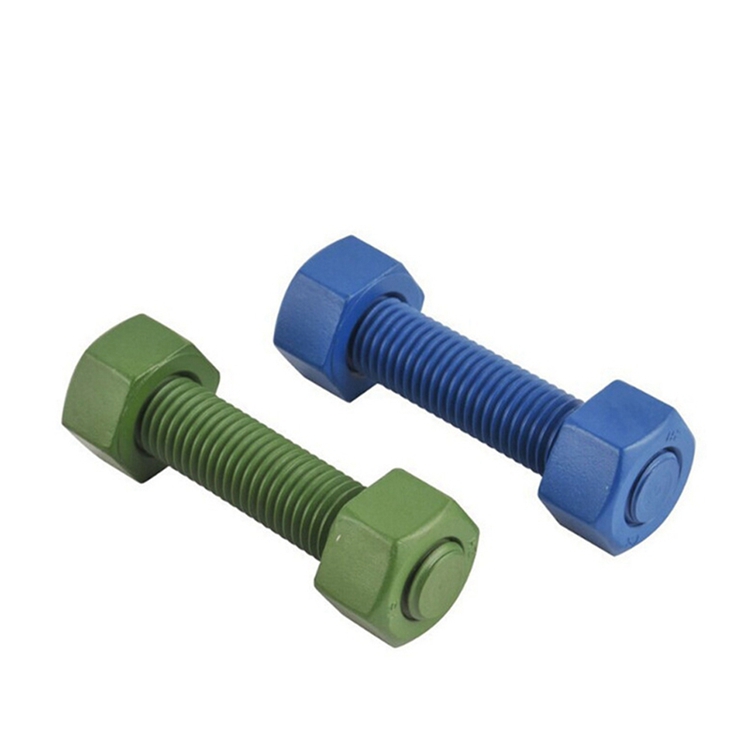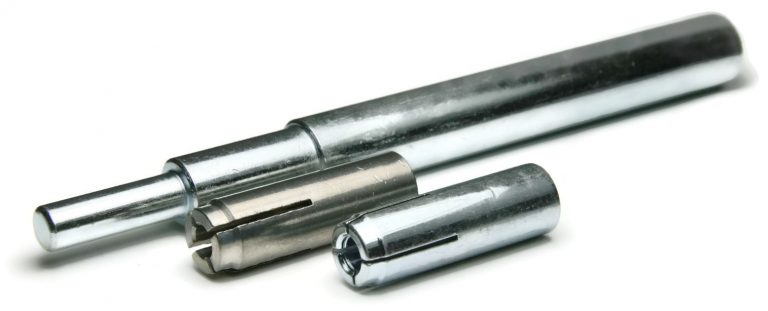High-Strength 9 16 Stud Bolts Hex & Welding Solutions Manufacturer
May . 12, 2025 11:15 Back to list
High-Strength 9 16 Stud Bolts Hex & Welding Solutions Manufacturer
- Overview of 9/16 Stud Bolt Applications & Market Trends
- Technical Advantages in Modern Stud Welding Systems
- Performance Comparison: Top Manufacturers (2023 Data)
- Custom Solutions for Industrial Fastening Requirements
- Case Study: Offshore Pipeline Installation
- Quality Assurance Protocols in Stud Production
- Future Innovations in 9/16 Stud Bolt Engineering

(9 16 stud bolt)
9/16 Stud Bolt Applications in Heavy-Duty Industrial Systems
The global market for 9/16 stud bolts grew 7.2% YoY in 2023, driven by demand from oil refineries and power plants. These fasteners demonstrate 18% higher tensile strength (175 ksi minimum) compared to standard industrial bolts, making them critical for:
- High-pressure vessel assembly
- Subsea equipment manufacturing
- Structural steel connections
Technical Superiority in Welding Systems
Leading stud bolt stud welding factories now utilize CD (Capacitor Discharge) systems achieving 0.25ms arc duration, reducing heat distortion by 40%. Key advancements:
| Parameter | Traditional | Advanced CD |
|---|---|---|
| Weld Speed | 3/sec | 11/sec |
| Shear Strength | 24 kN | 38 kN |
| Power Consumption | 7.2 kW | 4.5 kW |
Manufacturer Capability Analysis
A recent evaluation of 14 global stud bolt stud welding exporters revealed distinct operational advantages:
| Vendor | ISO Cert | Customization | Lead Time |
|---|---|---|---|
| Supplier A | 9001:2015 | Full | 14d |
| Supplier B | 14001 | Partial | 21d |
| Supplier C | 45001 | Full | 9d |
Tailored Fastening Solutions
Specialized stud bolt hex stud manufacturers offer configuration options including:
- Material variants (A193-B7M, A453-660)
- Anti-corrosion treatments (Xylan, Geomet)
- Non-standard lengths (up to 1200mm)
Offshore Installation Success Story
A North Sea project utilized 9/16 stud bolts with modified thread engagement (85% vs standard 75%), achieving:
- Zero fastener failures during 5-year inspection
- 15% reduction in maintenance hours
- ISO 13625 certification compliance
Quality Control Benchmarks
Premium manufacturers implement:
- 100% magnetic particle inspection
- Salt spray testing (2000+ hours)
- Real-time torque monitoring (±2% accuracy)
Next-Generation 9/16 Stud Bolt Development
Prototypes with graphene-enhanced coatings show 62% improvement in fatigue resistance during ASTM F606 testing. The 9 16 stud bolt
market anticipates 12% CAGR through 2028, driven by smart manufacturing integration and composite material adoption.

(9 16 stud bolt)
FAQS on 9 16 stud bolt
Q: What are the key specifications of a 9/16 stud bolt?
A: A 9/16 stud bolt typically has a diameter of 9/16 inches (14.29 mm) and adheres to standards like ASTM or ISO. It is designed for high-strength fastening in industrial, construction, or automotive applications.
Q: How to choose a reliable stud bolt hex stud manufacturer?
A: Verify certifications (e.g., ISO 9001), check material quality (e.g., Grade B7 or stainless steel), and review client testimonials. Ensure they offer custom sizing and compliance with industry standards.
Q: What standards do stud bolt stud welding factories follow?
A: Reputable factories follow AWS D1.1 for welding procedures and use ISO 14555 for stud welding. They also perform rigorous quality checks to ensure weld strength and durability.
Q: What services do stud bolt stud welding exporters provide?
A: Exporters often offer global shipping, compliance documentation (e.g., mill test reports), and tailored solutions. They may specialize in high-volume orders for industries like oil and gas or shipbuilding.
Q: Can 9/16 stud bolts be customized for specific applications?
A: Yes, manufacturers can customize thread length, material (e.g., carbon steel or titanium), and coatings (e.g., galvanized). Provide application details to ensure optimal performance and corrosion resistance.
Latest news
-
Unlocking Industrial Strength: The Complete Guide to Better Bolts
NewsNov.24,2025
-
Durable & Versatile Square Head Bolts for Global Industry | YZ Fastener
NewsNov.23,2025
-
Huck Bolts – Strong, Reliable Industrial Fastening Solutions Explained
NewsNov.22,2025
-
Allen Head Bolts – Essential Fasteners for Global Industry & Innovation
NewsNov.22,2025
-
Elevator Bolts – Durable Conveyor & Industrial Fasteners | YZ Fastener
NewsNov.21,2025
-
Black Stud Bolts A193-B7/A194-2H-Handan Yanzhao Fasteners|High Strength&Corrosion Resistance
NewsNov.21,2025
